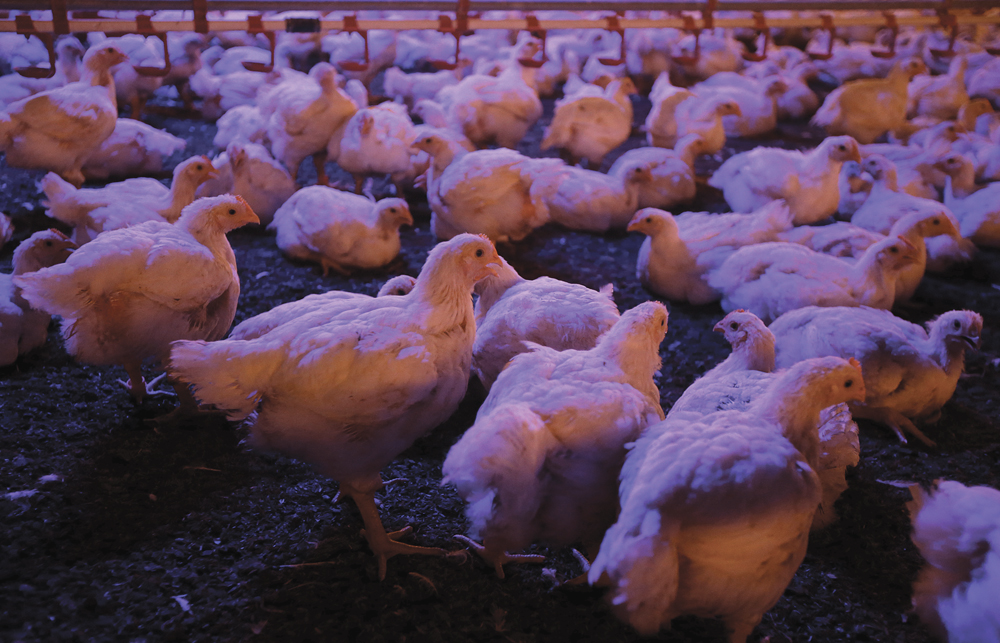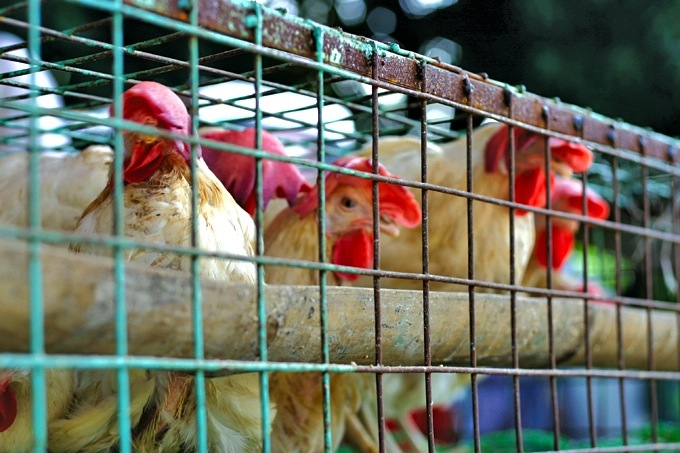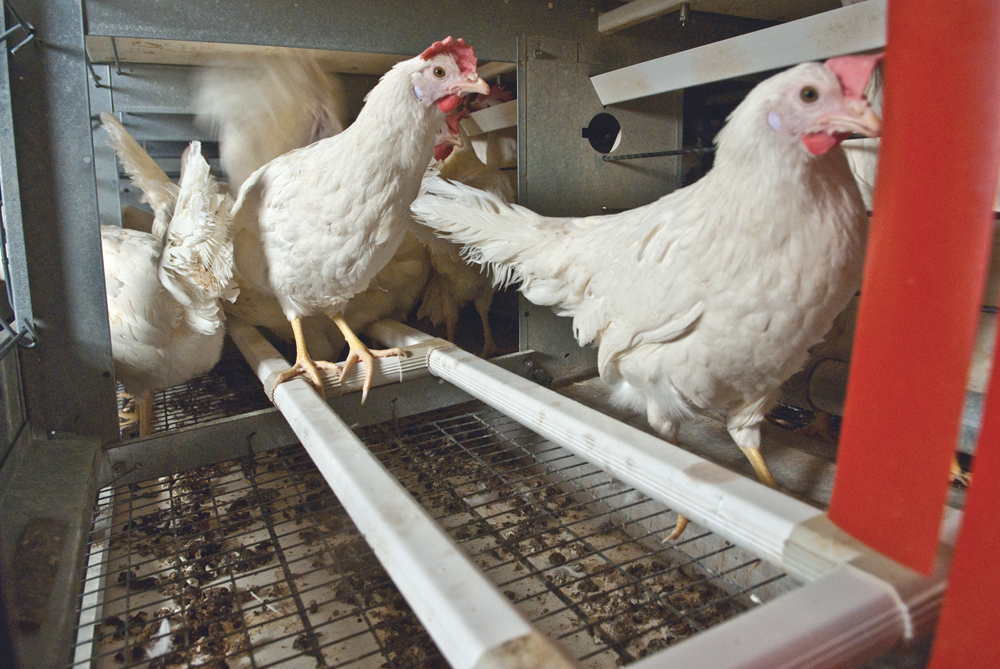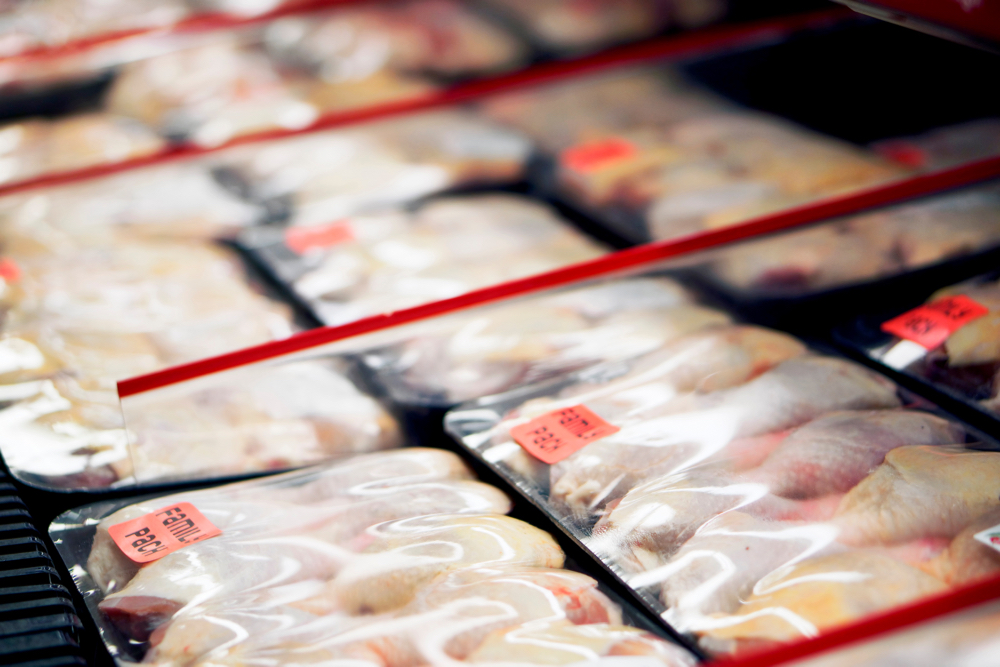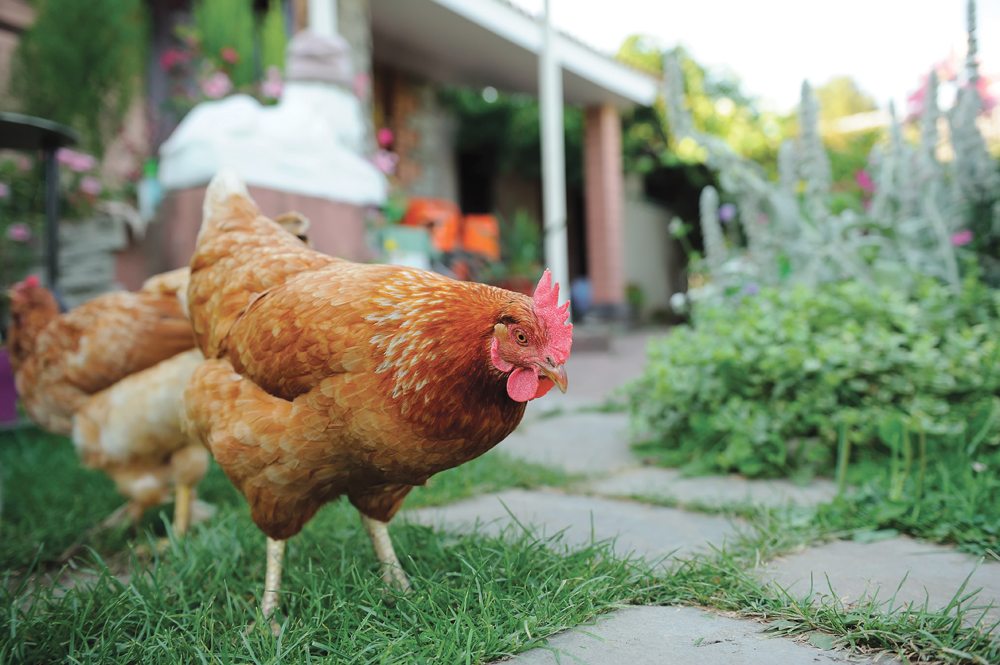In barns filled with classical music and lighting that changes to match the hues outside, rows of chickens are fed a diet rich in probiotics, a regimen designed to remove the need for the drugs and chemicals that have tainted the global food chain.
As food giants face growing pressure to offer healthier produce, Southeast Asian poultry firm Kee Song Group says its use of “good” bacteria in feed and water means it can meet one the industry’s biggest challenges: how to mass produce drug- and hormone-free poultry at a reasonable price.
Read Also

Tie vote derails canola tariff compensation resolution at MCGA
Manitoba Canola Growers Association members were split on whether to push Ottawa for compensation for losses due to Chinese tariffs.
A series of scandals in the last few years from melamine-tainted milk powder in China, horsemeat supplied as beef in Europe and growth drugs causing lameness in U.S. cattle has triggered a consumer backlash over food standards and safety.
In Kee Song’s Malaysian poultry farm, 20,000 chickens rest on sawdust in the dimly lit barns, with feed and water laced with probiotics being automatically pumped into feeding pans.
As well as playing Mozart, lighting is used in a bid to keep the birds tranquil with neon-blue lighting turned on when the birds are taken for slaughter.
“Look at the environment, chickens stay healthy and happy here,” the firm’s chairman Ong Kee Song told Reuters.
“Even the droppings don’t smell,” added Ong, who has been a vegetarian for 17 years after a stay at a Buddhist temple.
Traditional chicken farms are notorious for producing noxious fumes as well as loud noise from squawking birds.
By not using drugs, the poultry farms need to maintain stringent cleanliness measures to avoid the risk of infection and it takes three days more than conventionally produced chickens to attain a commercially viable weight of 1.8 to 2.0 kg.
As well as supplying supermarkets, Kee Song also sells to some restaurants in Singapore, including French restaurant Cocotte, where the chicken is used for a signature dish.

